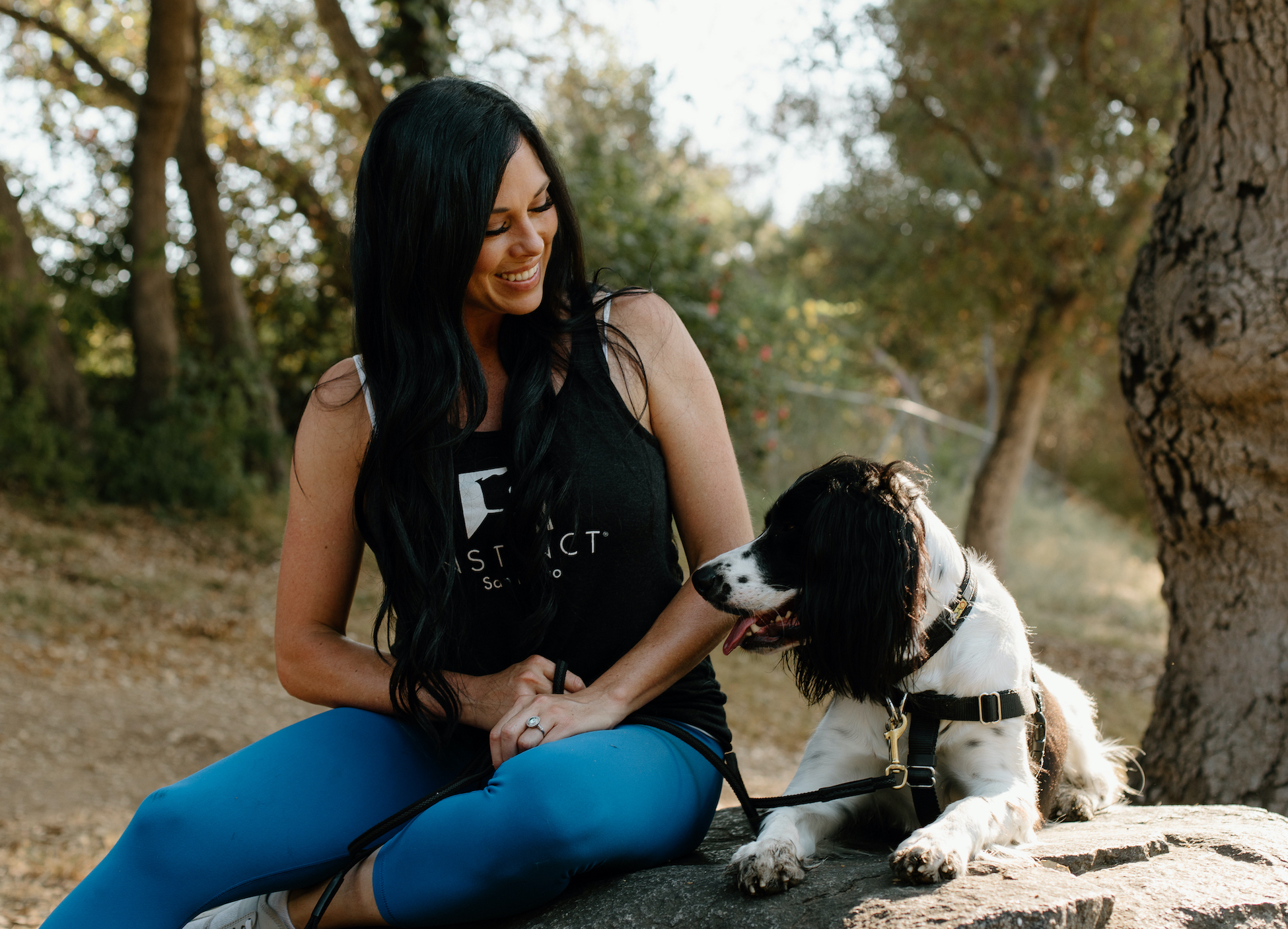Bringing a dog into your life is a joyful, long-term commitment. For many prospective pet owners, finding the right dog begins with choosing where to get one. While animal shelters and rescues offer wonderful adoption options, buying a Hunde vom Züchter remains a common path—especially for those seeking specific breeds or health guarantees. However, choosing a breeder requires thoughtful consideration, ethical awareness, and a strong focus on the well-being of both the puppy and its parents.
In this article, we explore the pros and cons of getting a dog from a breeder, how to identify a responsible breeder, and the key questions you should ask before making your decision.
Why People Choose Dogs from Breeders
1. Predictable Traits
One of the primary reasons people buy dogs from breeders is the predictability of size, temperament, grooming needs, and activity levels. For instance, someone living in a small apartment may prefer a toy breed with a calm disposition, while an active family might seek a high-energy breed like a Labrador Retriever.
2. Health Screening and Pedigree
Reputable breeders conduct thorough health screenings to reduce the risk of inherited diseases. They also provide pedigree information, which is important for people interested in show dogs or breeding.
3. Early Socialization
Responsible breeders raise puppies in a home environment, providing early exposure to people, sounds, and daily routines. This helps lay the foundation for a well-adjusted adult dog.
The Importance of Choosing a Reputable Breeder
Unfortunately, not all breeders operate with the dogs’ best interests in mind. Puppy mills and irresponsible breeders often prioritize profit over animal welfare, leading to health and behavioral issues in the puppies they sell. Choosing a responsible breeder not only protects your future pet but also discourages unethical breeding practices.
Here are some characteristics of a reputable breeder:
- Breeds only one or a few types of dogs
- Prioritizes health, temperament, and breed standards
- Conducts genetic testing and health screenings
- Raises puppies in a clean, nurturing environment
- Requires an application and screens potential buyers
- Is knowledgeable and passionate about the breed
- Provides a written contract and health guarantee
- Offers lifelong support for their puppies
Questions to Ask a Breeder
When speaking to breeders, don’t hesitate to ask questions. A reputable breeder will welcome your curiosity and be proud to show you their process. Here are some essential questions to ask:
- Can I visit the puppies and their parents?
A responsible breeder will encourage visits and let you see the conditions the dogs live in. - What health testing do you perform on the parents?
Look for genetic tests relevant to the breed, as well as screenings for hip dysplasia, heart disease, and eye conditions. - What’s your breeding philosophy?
This helps gauge how the breeder approaches temperament, health, and the betterment of the breed. - How do you socialize the puppies?
Puppies should be exposed to various stimuli (people, noises, environments) before they go home. - Do you offer a health guarantee and contract?
This should outline your responsibilities and the breeder’s policies on returns or health issues. - Can I see references or testimonials from past buyers?
Talking to previous clients gives insight into the breeder’s reputation and the quality of their dogs.
Red Flags to Avoid
To protect yourself—and the puppies—be wary of the following signs:
- The breeder has multiple litters or breeds available at all times
- Won’t allow you to meet the puppy’s mother or visit the premises
- Doesn’t ask you any questions or seem interested in your lifestyle
- No documentation or health records available
- Pushes for quick sales or offers “discounts” for immediate pickup
- Sells puppies before 8 weeks old (they need that time with their mother)
Remember, buying from a bad breeder not only increases your risk of ending up with an unhealthy or poorly adjusted dog but also supports harmful practices that exploit animals.
What to Expect When Buying a Puppy from a Breeder
If you choose to get a puppy from a breeder, expect the process to take time. You may be placed on a waitlist, especially if the breeder is reputable and demand is high. Here’s what typically happens:
- Application and interview: Breeders often vet potential owners to ensure a good match.
- Deposit and agreement: A deposit may be required once you’re approved, along with a signed contract.
- Puppy selection: You may be able to choose your puppy based on temperament testing and visits.
- Ongoing updates: Many breeders provide photos and progress updates before the puppy is ready to go home.
- Pickup day: Usually when the puppy is 8–12 weeks old, and includes health records, microchipping, and starter advice.
Cost Considerations
Buying from a breeder can be significantly more expensive than adopting from a shelter. Prices typically range from $800 to $3,000 or more, depending on the breed and pedigree. However, you’re also paying for:
- Health screenings and veterinary care
- Quality food and early socialization
- A well-researched, ethical breeding program
- Ongoing support and guidance
While the upfront cost is higher, buying from a responsible breeder may save you money in future vet bills and behavioral training.
Final Thoughts
Getting a dog from a breeder is a personal decision that comes with both opportunity and responsibility. When done right, it provides the chance to bring home a healthy, well-socialized dog suited to your lifestyle. But it also means doing your homework, asking the right questions, and walking away if something doesn’t feel right.
Whether you’re drawn to a specific breed or want the assurance of a known lineage and early care, working with a responsible breeder ensures that your journey begins on the right paw—for you and your new best friend.
Ultimately, every dog deserves a loving, committed home—and whether that dog comes from a shelter or a breeder, what matters most is the life you build together.
